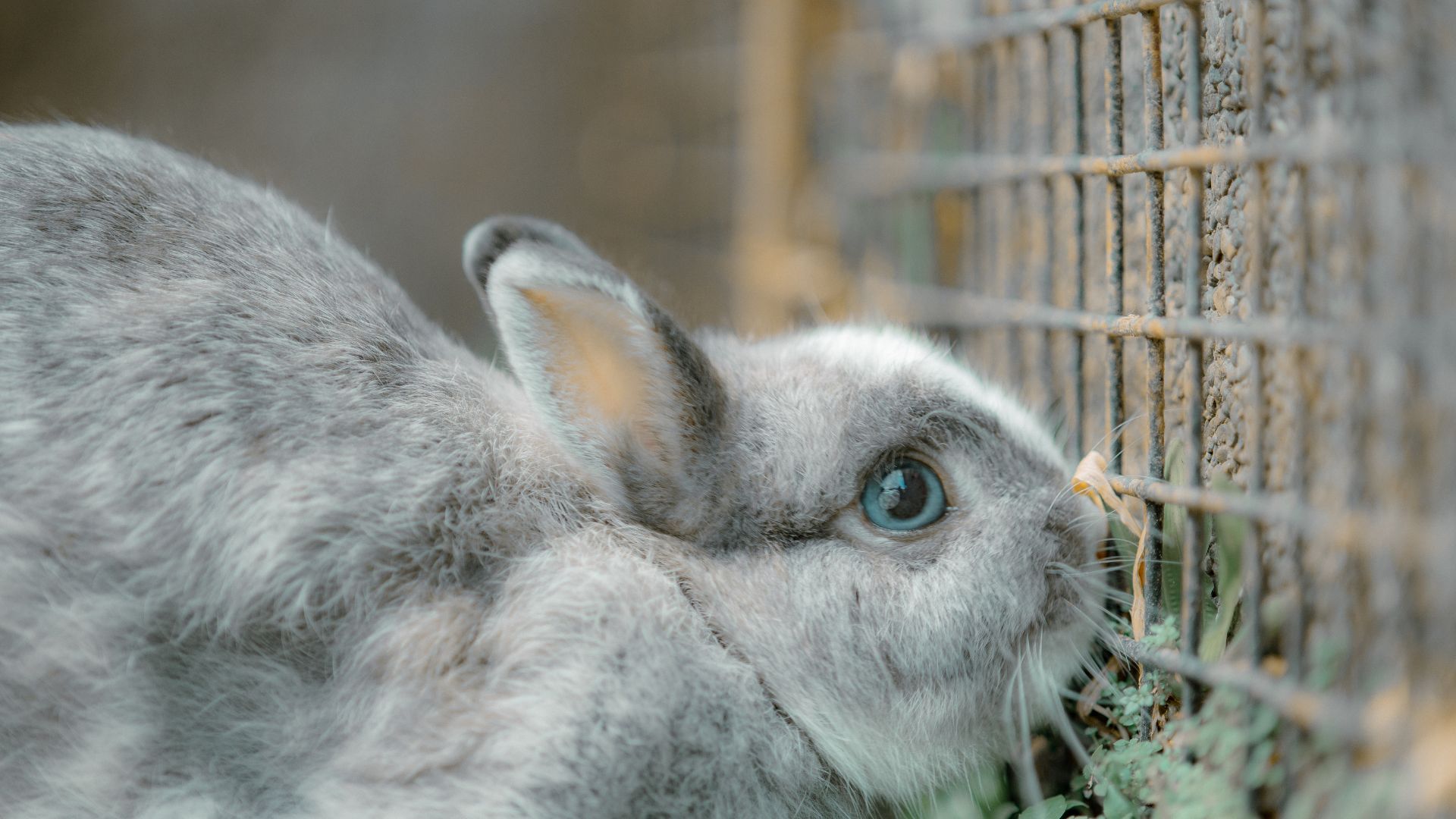Singapore Pet Shop Practices Spark Animal Welfare Debate
A social media post about a caged rabbit in a Singapore pet shop sparks debate on animal welfare standards and ethical pet retail practices, challenging current regulatory framework.

A rabbit in a pet shop enclosure sparks debate about animal welfare standards in Singapore
A recent social media discussion has ignited debate about pet shop practices in Singapore, after a concerned citizen reported observing a rabbit confined in a small enclosure at Pet Lovers Centre for approximately two months.
Animal Welfare Standards Under Scrutiny
The incident, shared on r/askSingapore, highlights the complex intersection of commercial practices and animal welfare in Singapore's regulated pet industry. While the shop maintains compliance with Singapore's established standards for animal care, including AVS (Agri-Food & Veterinary Authority of Singapore) approval, the situation raises questions about the adequacy of current regulations.
Regulatory Compliance vs. Ethical Care
The rabbit, priced at S$330, meets basic welfare requirements with proper feeding and apparent health maintenance. However, this case exemplifies broader concerns about balancing commercial interests with ethical considerations in Singapore's pet industry.
"It's almost akin to leashing a dog without any freedom," noted the original poster, highlighting concerns about prolonged confinement.
Community Response and Welfare Concerns
The discussion has prompted significant community engagement, similar to how other cases of care standards have sparked public debate. Animal welfare experts point to several key concerns:
- Limited space for natural movement and exercise
- Lack of social interaction for naturally social animals
- Minimal environmental enrichment
- Potential psychological impact of prolonged display confinement
Moving Toward Better Standards
While Singapore maintains strict regulations for pet shops, this incident suggests the need for evolving standards that better address animals' psychological and behavioral needs, not just physical health requirements.
Wei-Ling Tan
Tech and economy specialist, covering innovation in Southeast Asia from Singapore for both English-language and regional media outlets.
